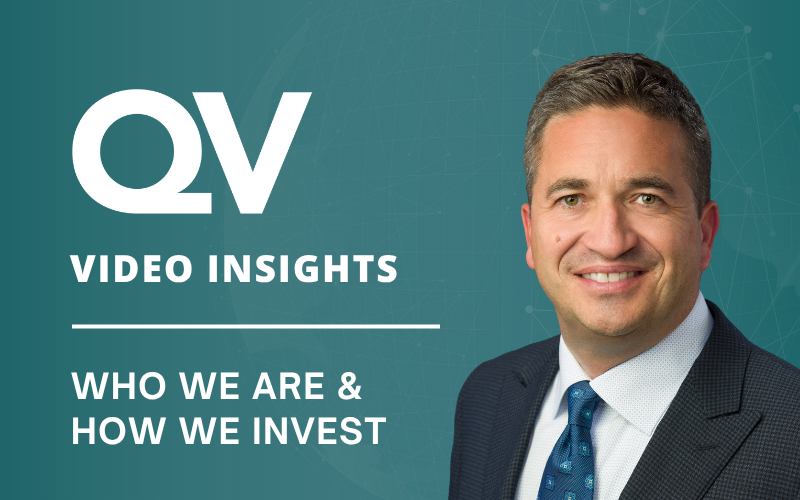If you had asked me at the beginning of the year what situation would cause grocery store sales to spike by 44% year over year, I would have struggled to come up with an answer. But that is exactly what happened in the last two weeks of March as consumers stocked up at Loblaws’ grocery store banners. QV holdings Loblaws and Empire, the owner of Sobeys and IGA stores, have noticed a meaningful shift in Canadians’ buying patterns. On Loblaws’ first quarter conference call, the CEO stated that “people are shopping less, buying more, favoring one-stop shops without long lines and focusing less on price.” Fewer consumers shopping around for deals can benefit these companies as a result of higher margins on products. However, the in-store expectations of shoppers have also changed. Shoppers want sanitized grocery carts and limited interaction with other shoppers and staff members, which leads to additional costs. Loblaws indicated that costs will rise by $90 million per four-week period as the coronavirus crisis continues. This is a result of increased pay for those working on the frontline and extra costs to keep staff and consumers safe.
When things return to a more normal environment, it is likely some of the additional in-store costs will remain, but customers will almost certainly begin to look for deals again. This activity may even be more prevalent as many people are or have been out of work. Rising costs and historical margins on products may result in lower profitability. This in addition to a rising valuation was factored into our recent decision to reduce our position in Loblaws.
E-COMMERCE
One question many consumers have recently asked themselves is: do I even need to go to a store? With many stores closed, or consumers not able and/or interested in leaving their homes, e-commerce has proliferated. E-commerce is not a new phenomenon, as shown in the following US-based chart, but the pandemic has given a boost to this rising trend.

In a recent call, Instacart, an online North American grocery delivery service, stated that the biggest inhibitor to growth in its business prior to COVID-19 was awareness. Currently, groceries can be delivered to 85% of the population in the US, but this was largely unknown until the virus hit. The second biggest issue was trust.
Over the last few months, many individuals have used e-commerce for the delivery of groceries, clothes and other items. Out of necessity, many figured out where to find the needed items online, used the service, and found out it works! This has increased trust in online buying.
The boost in e-commerce has been overwhelming for some businesses. As an example, after Canadian Tire (one of our holdings) was required to temporarily close 203 Ontario retail stores, or 40% of its Canadian network, it expected its website could handle an influx of 2-3X its normal online volume. The actual increase in volume was over 10X. Initially, the site was unable to process all the orders, but Canadian Tire moved quickly to ramp up its capacity. In April, the website completed 80,000 orders per day compared to the pre-crisis level of 5,000 orders per day. This experience has changed Canadian Tire’s capital expenditure priority, with spending on its website slated to increase in 2020 and 2021.
In listening to various company conference calls and witnessing the number of retailers that are in financial difficulty, investors have seen that not all in-store sales have moved online; physical stores are still important. But as customers become more comfortable buying products online, the way forward will probably include fewer physical stores and increased e-commerce. This major adjustment is already underway and various types of retailers will need to reflect this in their operational strategies. We believe many of the companies we own are off to a good start.




